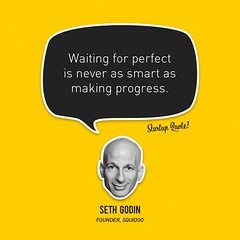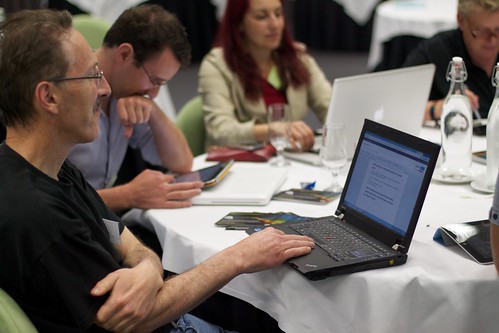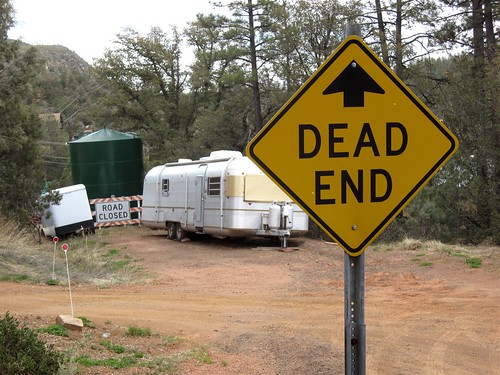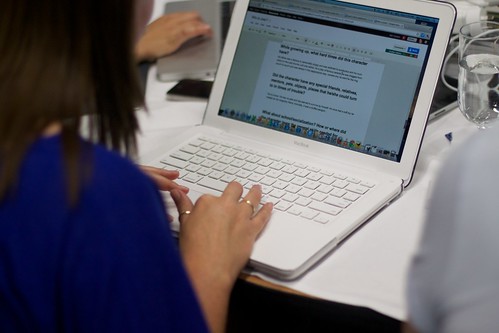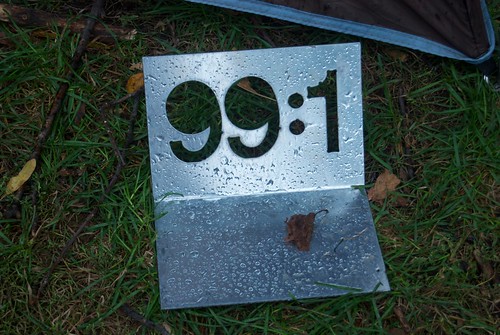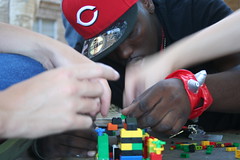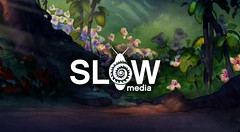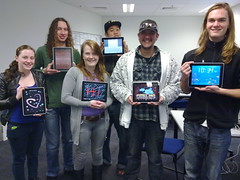 |
| students in charge |
So, here's what I've been doing that might give you some hints of what you could do to start an mRevolution:
- Give your students a chance to teach you new trick using those portable devices. They are experts! They know cool apps, they are into cool features that you don't even imagine they are there in cellphones, cameras, tablets, netbooks.
- Don't ask your students to turn off their devices. Ask yourself how you could use them to have exciting, dynamic lessons that tap into students' creativity and make students smile and enjoy themselves while learning.
- I've been reading as crazy about mLearning, downloading apps to my tablet and cellphone, testing things out. The most important thing in this first step is to keep a record of all that, using a very visual curation tool, Scoop.it: http://www.scoop.it/t/elearning-mlearning and being closer, interacting with educators interested in the topic:
- I've been fearlessly trying mPossibilities in my classroom, which requires a lot of planning, but it is totally awesome when you see the positive results and the students' excitement. I had an adult group last year, and I tried different activities with them using the power of what they had in their pockets: cellphones. I had the idea that if they, who were not so aware or comfortable using those gadgets for learning, could profit from the experience, imagine the younger gang! The most important aspect of the trial part is reflecting upon it and keeping a record. So, blogging was an essential part of the process: http://collablogatorium.blogspot.com/search/label/mlearning
This is just the beginning of an exhilarating world of new possibilities in which our learners are truly in charge of producing something meaningful, of becoming active participants in their own learning process.
What would you add to your mRevolution list?
In the meantime, here's a show I'd recommend following:
In the meantime, here's a show I'd recommend following:
Listen to internet radio with Techchef4u on Blog Talk Radio

